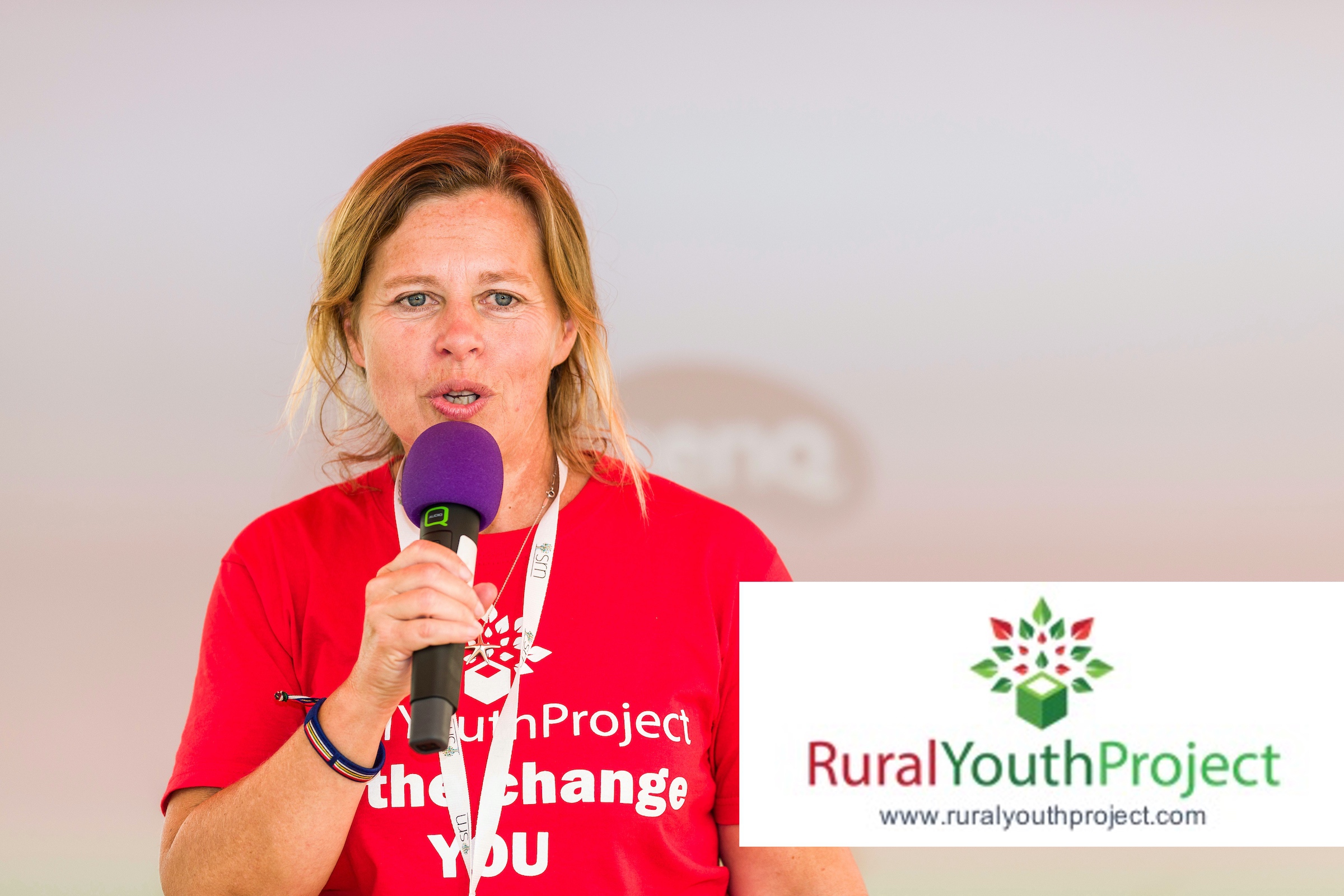Rural places have no future without young people. Wherever I travel, the world over, this is a universal truth; when our youngsters leave it’s rare that they return, and if they don’t return, then rural places lose crucial services – schools, health services, sports and leisure facilities and other community hubs. This vulnerability spurred my colleague, Rebecca Dawes, and I to found the Rural Youth Project. Our driver was to understand the challenges for youngsters living and working in the countryside, and what can be done to secure their future in these places.
So, last year we surveyed over 750 young people aged 18-28 yrs, asking them over 60 questions about all aspects of their lives. Their responses highlighted a trio of woe: the lack of connectivity, digital and physical; limited and expensive housing options and inadequate career and earning opportunities.
But hidden behind the statistics we gathered a repeated, worrying thread – mental health – something that was buried in the survey responses and at the forefront of the conversations that arose at the Rural Youth Ideas Festival we held last summer.
Hearing the 80+ young people gathered in a field in Kinross, I was blown away by how articulate everyone was in describing the mental health situation in our countryside, as well as what some of the solutions might be. I was also very aware that the causes of the emotional anguish many felt was not necessarily because of the rural isolation – an NHS survey reported late last year cited that one in seven 17-19 year olds were found to have a mental disorder, with young women in this age group having higher rates of emotional disorder – but for rural dwellers, their situations were exacerbated by and more complex in physically remote places.
The Rural Youth Project highlighted three distinct themes:
- Isolation – digital, physical, economic and social isolation affect young people markedly at a time when they are developing their life plans, careers and relationships. Young people need positive emotional, physical and role model stimulation. In isolated places, these nurturing environments can be difficult to find. Interestingly, much of these observations are also true for the elderly living in isolation.
- Lack of voice – there was a feeling amongst many in our Rural Youth community that older people drive community decisions, often with little respect nor regard for young people’s views, needs and ideas.
- Specific personal circumstances – in our engagement with the incredible young people we met, they were very open and candid about their personal circumstances. Again, many of these challenges are shared by their urban counterparts, but often the support just isn’t available in rural places. For example, we had one girl who suffers from multiple sclerosis, she has to take a four-hour round trip for her hospital appointments – tough if you are earning very little. We also met a young girl who told us how her autism made it difficult to integrate fully into life, whilst another sparky young woman told us of her family’s dealings with domestic violence and how little support, and importantly understanding, there was in her rural community.
So, now that we are aware of the issue, where might there be some solutions to be had? I see five key areas, where the Rural Youth Project is focusing its future attention:
- Respectful, listening supporters – I loved the decision by the Church of Scotland to appoint Rev Chris Blackshaw as a ‘Farming Minister’, someone to listen and to care about people’s troubles, signposting them to help; we need more of this kind of rural pastoral care for both the young and the elderly – and for the rural community in its widest sense;
- Cool businesses and their proprietors – young people respond to nurturing, positively challenging and cool places to work. Our community told us they would forgo some income to work somewhere that feeds their sense of place and wellbeing, as well as provides them with an income. As business operators in rural places we need to think about what we ‘do’ and give back, as much as how we profit from our work;
- Intergenerational communities – connecting young, aspiring leaders with the community stalwarts is a great way to combine the energy and creativity of the under 30s with the wise experience of the older generations. This interaction also spawns other opportunities and activities – such as co-living arrangements and job opportunities – as well as providing all-important support – young to old, and vice versa;
- Respecting young voices – encouraging and respecting the needs and voices of young people is a great way to build their confidence and community engagement;
- Leadership – key to tackling the challenges felt by the rural young is empowering them to make changes that are right for them and their futures – whether that’s personal, career or community. Young people can be incredibly empathetic, with a real drive to make things better; investment in rural youth leadership could be key to encouraging self-reliance amongst the rural young.

